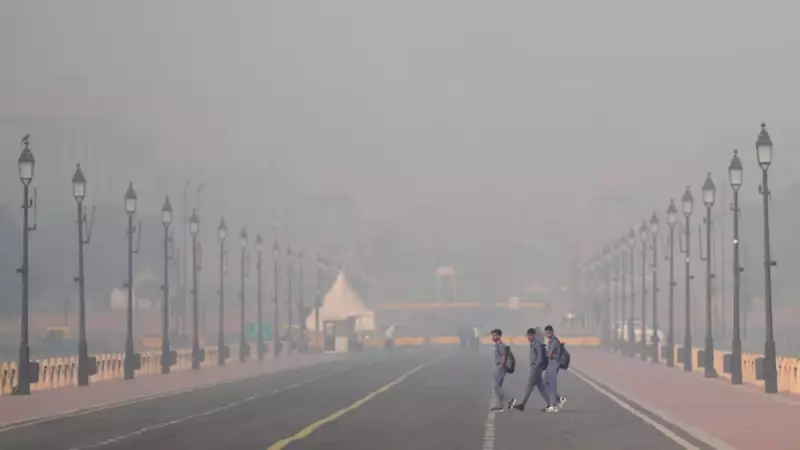
The Supreme Court of India has taken decisive action to protect children's health in the national capital, directing the Commission for Air Quality Management (CAQM) to immediately postpone all sports activities in Delhi schools. This urgent intervention comes as the city continues to grapple with dangerously high levels of air pollution that have turned the atmosphere toxic and hazardous for vulnerable populations.
Judicial Intervention in Public Health Crisis
During a hearing on Tuesday, November 19, 2024, the apex court expressed grave concern about the deteriorating air quality in Delhi and its impact on children's health. The bench emphasized that young students participating in outdoor sports activities face significant health risks when exposed to such poor air conditions. The court's directive represents an immediate protective measure while longer-term solutions to the pollution crisis are developed.
The Supreme Court specifically instructed the CAQM to issue necessary directions to all schools across Delhi, mandating the postponement of sports events and physical activities that require substantial outdoor exposure. This order affects thousands of educational institutions in the capital region, where air quality indices have consistently remained in the 'severe' to 'hazardous' categories in recent weeks.
Comprehensive Response to Environmental Emergency
The court's intervention extends beyond school activities, reflecting a holistic approach to tackling the pollution emergency. Authorities have been directed to implement multiple measures simultaneously to address both immediate concerns and underlying causes of the toxic air quality. These measures include enhanced public transportation services to reduce private vehicle usage and strict enforcement of pollution control regulations across industrial units.
Additionally, the bench has called for regular monitoring and reporting on the implementation of these directives, ensuring accountability and timely execution of pollution control measures. The court has scheduled follow-up hearings to review compliance and assess the effectiveness of the implemented actions in improving air quality conditions.
Broader Implications and Public Health Concerns
This judicial order highlights the seriousness of Delhi's annual air pollution crisis and its disproportionate impact on children, who are particularly vulnerable to respiratory and other health complications from prolonged exposure to polluted air. Medical experts have consistently warned that toxic air can cause both immediate health problems like asthma attacks and long-term developmental issues in children.
The Supreme Court's proactive stance demonstrates the judiciary's role in safeguarding public health when administrative measures prove insufficient. By specifically targeting school activities, the court has prioritized child safety while pushing for comprehensive solutions to Delhi's persistent air quality challenges. This decision sets an important precedent for how environmental health emergencies affecting vulnerable populations should be addressed through judicial oversight.
As Delhi residents continue to navigate the hazardous air conditions, this order represents a crucial step toward minimizing health risks for the city's youngest inhabitants while broader pollution control strategies are strengthened and implemented across the National Capital Region.





